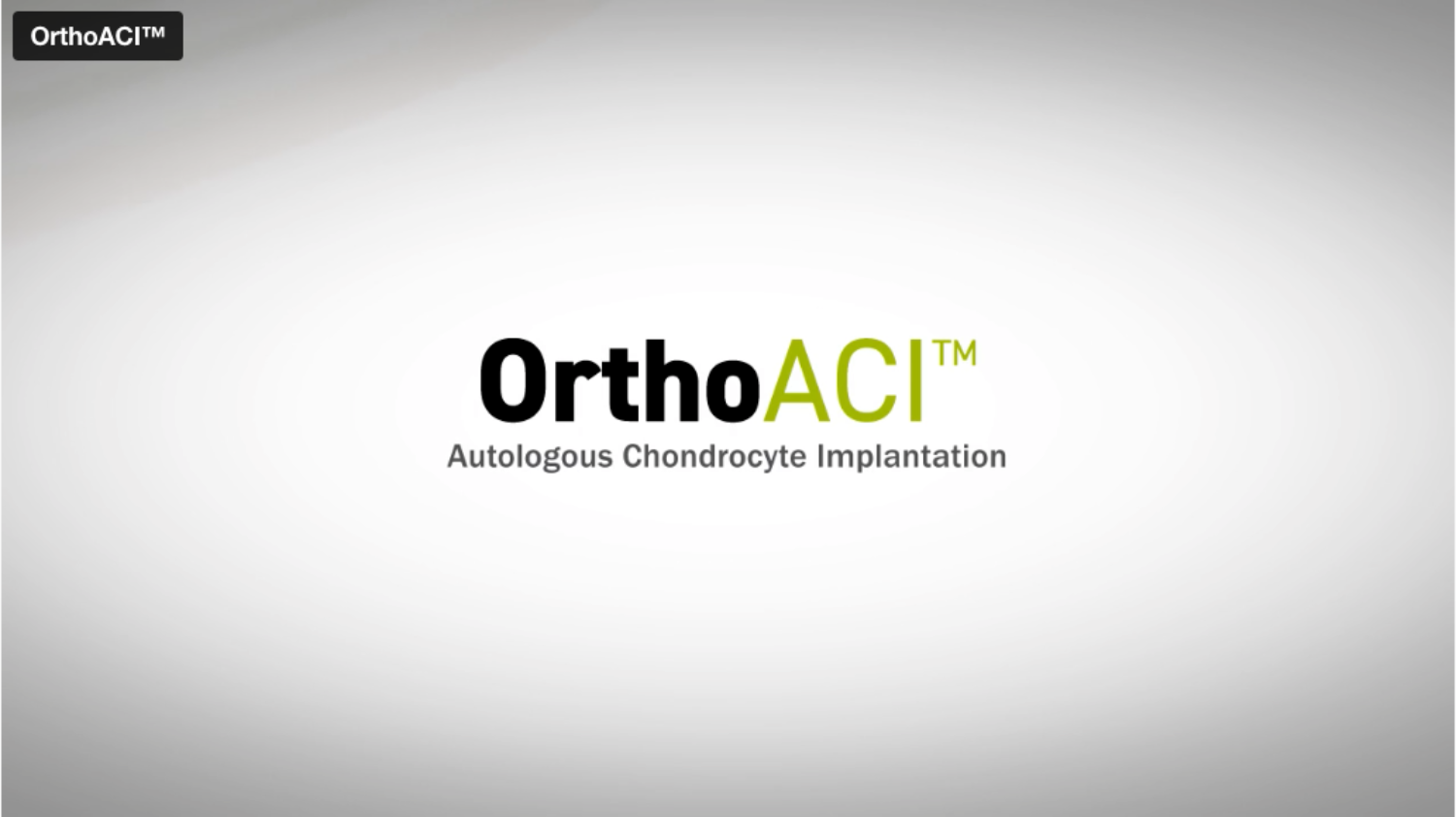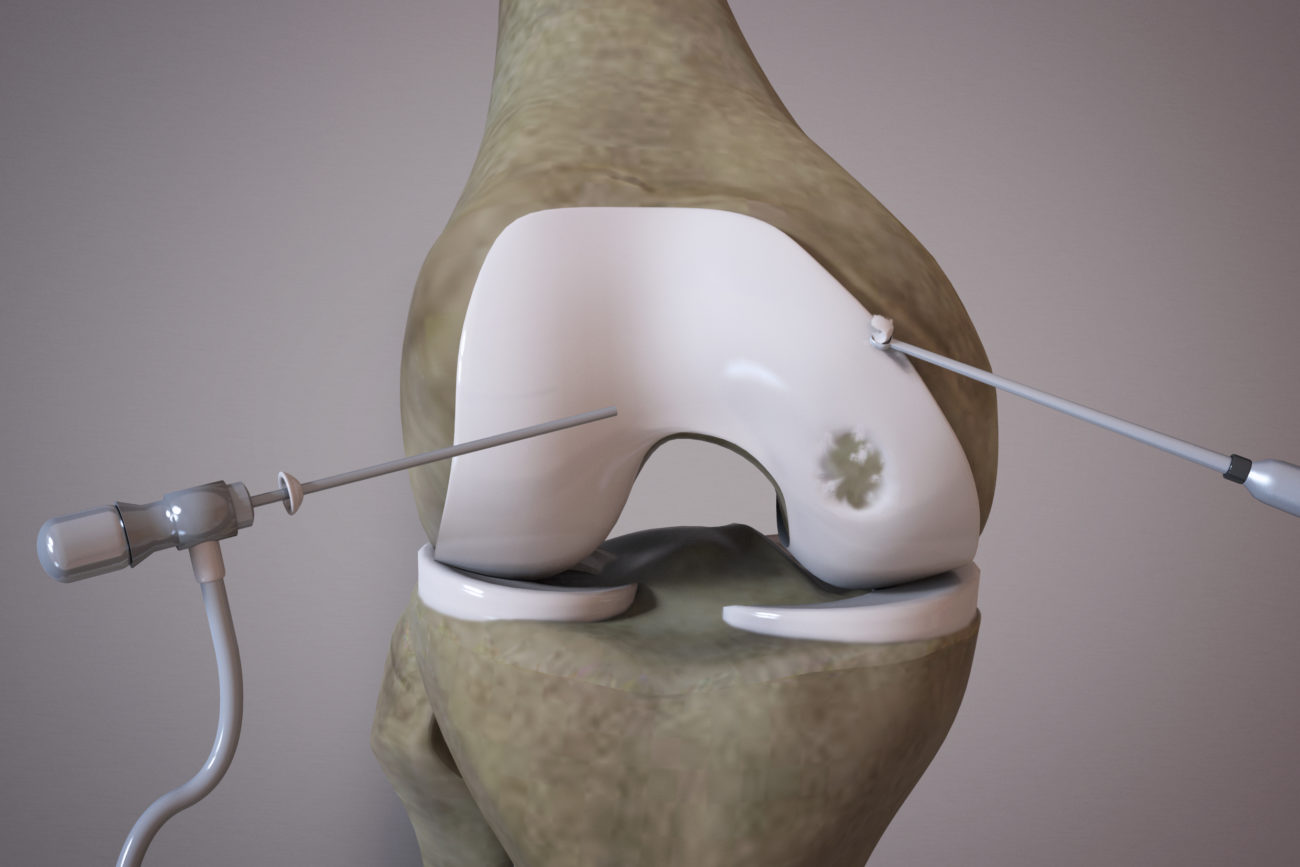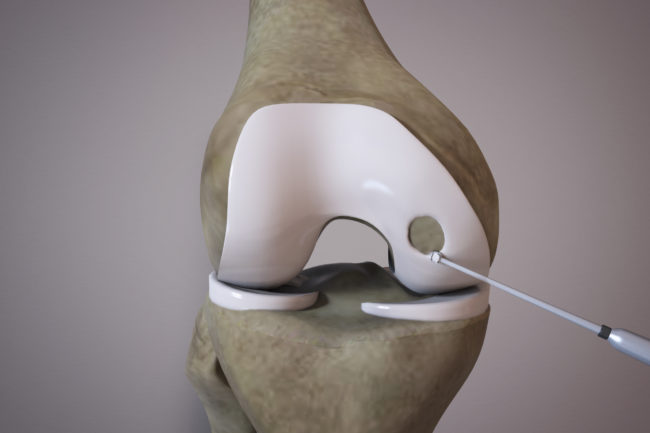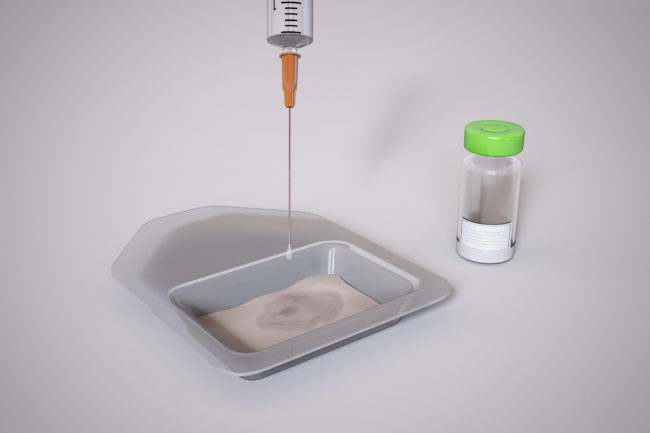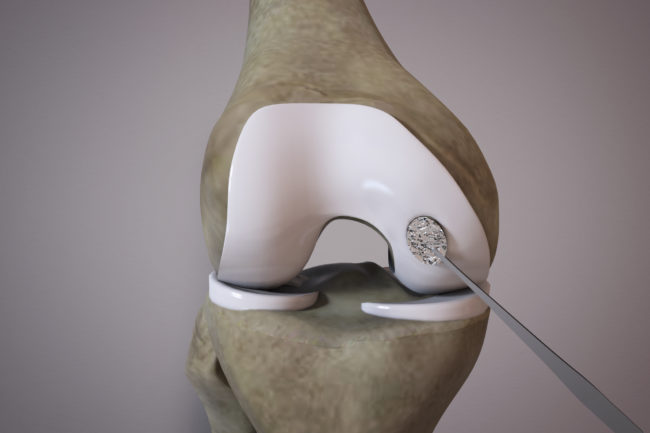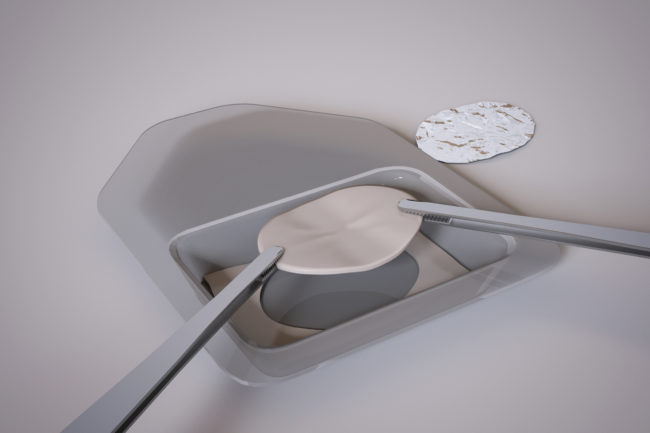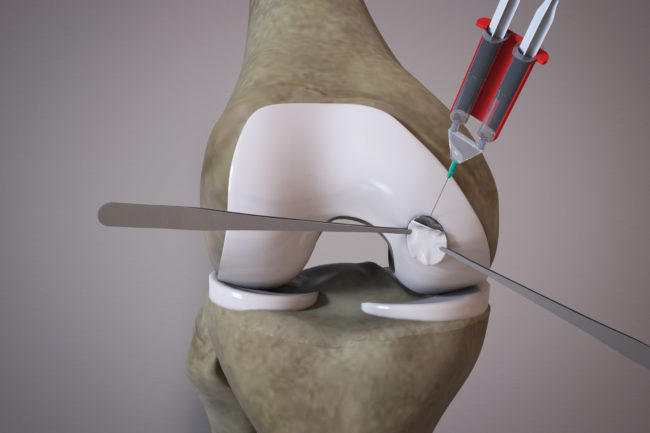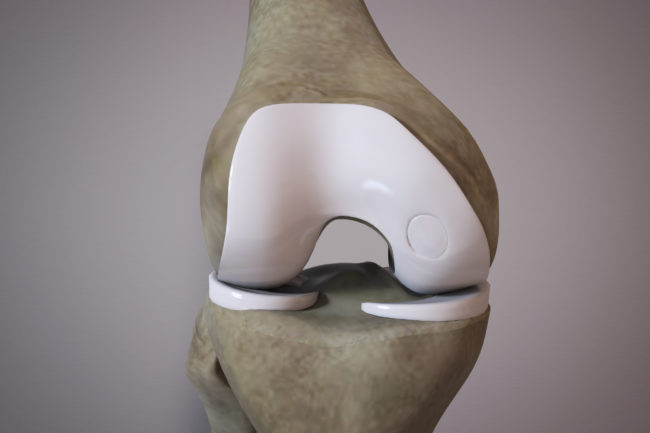Overview
Millions of people worldwide suffer pain and limited mobility as a result of damage to articular cartilage, most commonly in the knee and ankle. Unfortunately, unlike muscle or bone, damaged cartilage has a limited capacity for self-repair.
Orthocell’s Autologous Chondrocyte Implantation (OrthoACI™) offers treatment for symptomatic defects of the articulating cartilage of the joints. OrthoACI™ uses the patient’s own healthy cartilage cells called chondrocytes to assist the regeneration of damaged cartilage. OrthoACI™ is a highly customized treatment – each procedure is tailored to the individual patients’ requirements.
How it works
OrthoACI™ is a two-stage procedure. A biopsy of healthy articular cartilage using keyhole surgery is taken and sent to Orthocell’s quality-controlled laboratory where the chondrocytes are isolated and grown under controlled conditions for approximately 5 weeks. The cells are loaded on a custom-designed cell delivery scaffold which is implanted into the damaged joint by the orthopaedic surgeon through a small incision or keyhole surgery. The scaffold creates the optimal environment for the implant chondrocytes to begin regenerating new cartilage.
A rehabilitation program to slowly increase in weight bearing over a six-week period is essential to ensure the success of OrthoACI™. Return to sport and recreational activities should also be staged over the first six to nine months following OrthoACI™. This staged increase in intensity of activities protects the newly developing cartilage and allows cartilage maturation process to occur undisturbed.
Two-stage surgical technique
First stage
Webinars
Latest developments in the biological treatment of Cartilage
For more information
Talk to your Orthocell representative to find out more or get in touch via the contact form.


